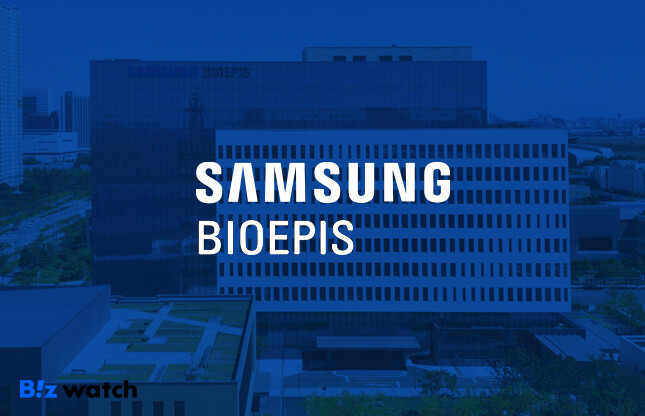
Samsung Bioepis has launched its Stelara biosimilar, Pizchiva, in the United States through its marketing partner, Sandoz. Stelara, developed by Janssen and its parent company Johnson & Johnson (J&J), is a treatment for autoimmune diseases such as plaque psoriasis, psoriatic arthritis, Crohn's disease, and ulcerative colitis. 1 It generates annual global sales of US$10.361 billion (approximately ₩15 trillion) and US sales of US$6.72 billion (approximately ₩10 trillion).
Pizchiva treats autoimmune diseases by inhibiting the activity of interleukin (IL)-12 and 23, which are types of inflammatory cytokines involved in immune responses. With the launch of Pizchiva, Samsung Bioepis has expanded its autoimmune disease portfolio to include interleukin inhibitors, following its two existing tumor necrosis factor-alpha (TNF-α) inhibitors. This is the fifth product launched by the company in the US market.
Linda Choi, Executive Vice President and Head of the Commercial Division at Samsung Bioepis, said, "The launch of Pizchiva in the US will provide patients with autoimmune diseases with more treatment opportunities. Expanding treatment options will reduce medical costs and ultimately contribute to a sustainable healthcare system."
However, Janssen has filed a preliminary injunction against Samsung Bioepis for breach of contract, posing a challenge to the launch. According to the New Jersey District Court, Janssen and J&J sued Samsung Bioepis for breach of contract and breach of implied good faith and fair dealing.
Janssen's issue stems from Samsung Bioepis granting private label product sales rights to pharmacy benefit manager (PBM) companies. This means that after Samsung Bioepis produces Pizchiva, PBM companies will be responsible for selling it in the US market as a type of private brand product.
Janssen argues that Samsung Bioepis has not entered into any agreement with them regarding this matter, and that previous agreements did not grant them the right to approve private label products. Janssen also claims that Samsung Bioepis violated its contractual obligation to provide prior notice.
Janssen also believes that there are violations in the contract that Samsung Bioepis has with its US partner, Sandoz. According to Janssen, after Samsung Bioepis signed a contract with Sandoz in 2023 for the development and commercialization of Pizchiva, it provided a copy of the contract with some content omitted when asked to disclose the contract. Janssen argues that there may be illegal aspects to the contract terms with Sandoz.
[Copyright (c) Global Economic Times. All Rights Reserved.]






























